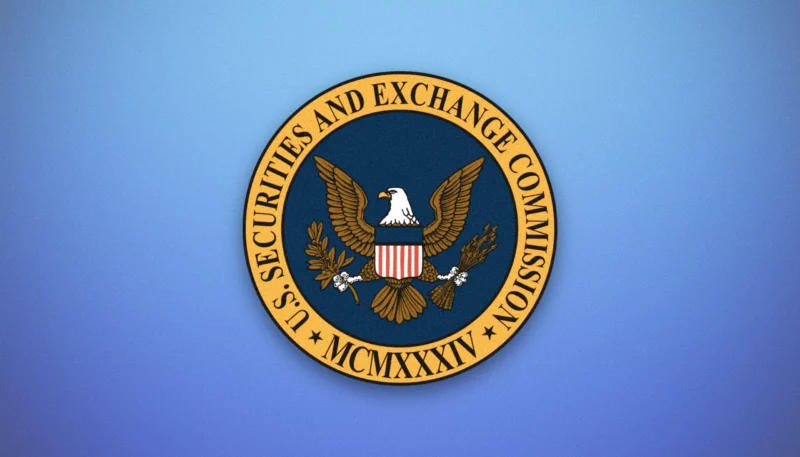Representative Kevin McCarthy (R-CA and House Majority Whip) recently introduced the Access to Capital for Job Creators Act (H.R. 2940), which would remove the ban on general solicitation for securities offering conducted under Rule 506 of Regulation D. Rule 506 is a safe harbor regulation which sets forth some conditions that if met, will assure an issuer that its securities offering is exempt from registration under Section 4(2) of the Securities Act of 1933. The rule permits the sale of securities to up to 35 non-accredited but sophisticated investors and an unlimited number of accredited investors. However, the issuer must also avoid engaging in a “general solicitation,” which prohibits the issuer from conducting any public advertising of the offering. Rep. McCarthy’s bill would remove this prohibition on any offering conducted exclusively to accredited investors.
Rep. McCarthy has advocated for the bill by arguing that it will increase access to capital for small businesses. This is certainly true. Under current law, issuers of securities may only offer their private placements to pre-existing contacts, which significantly limits a small business’s pool of potential investors. However, while it may be true that lifting the ban on general solicitation will help many small issuers get a wider audience for their investment pitches, regulators have concerns that removing this requirement will increase the likelihood of fraud. The North American Securities Administrators Association (NASAA) articulated these concerns in testimony before the House Capital Markets Subcommittee.
In the NASAA’s testimony, Heath Abshure, Chairman of the NASAA’s Corporation Finance Section Committee, expressed concern that Rule 506 offerings are often used to defraud investors. Since an offering conducted under Rule 506 is considered a “federally covered security,” states are preempted from regulating them in any meaningful way (apart from prohibiting outright fraud). As a result, state securities regulators have become increasingly alarmed at the widespead use of this exemption, which they believe has led to increased incidents of securities fraud. If this exemption permitted publicly advertised offerings, they argue that these instances of fraud would become even more prevalent.
The outlook on this legislation is mixed. The state regulators’ concerns are certainly valid, though the reality is that most perpetrators of securities fraud routinely violate the registration requirements anyway. Perhaps increased enforcement of anti-fraud provisions is the answer to dealing with fraud rather than retaining the general solicitation ban. That said, I don’t think Rep. McCarthy’s bill is particularly well thought-out. He simply eliminates the ban on general solicitation without considering the effects on other parts of Rule 506. With no ban on general solicitation, Rule 506 would allow a company to raise unlimited amounts of money from an unlimited amount of investors using public advertising. This would pretty much be a public offering and allowing it to qualify as an exempt unregistered offering would essentially negate the registration requirements of the Securities Act and of the securities laws of all of the states. As a result, the only real limit placed on a company that does not register its securities would be that all of the investors must be accredited. But even that would not be much of a limitation, since an investor’s status as an accredited investor is determined by a questionnaire. Investors can and frequently do misrepresent themselves on investor questionnaires, especially if they are convinced that they are being given access to a great “investment opportunity.”
I do agree that the ban on general solicitation is an outdated idea. However, simply removing it from Rule 506 without considering the impact on the rest of the Securities regulatory system is probably not the answer. In its testimony, the NASAA itself advocated for the adoption of a different exemption called the Model Accredited Investor Exemption (which I’ll explore in a future post), so the NASAA is not completely unsympathetic to business owners. Overall though, I’m pleased that legislators and regulators are now beginning to look to find ways to update securities laws for the 21st century.
———————————–
© 2011 Alexander J. Davie — This article is for general information only. The information presented should not be construed to be formal legal advice nor the formation of a lawyer/client relationship.




